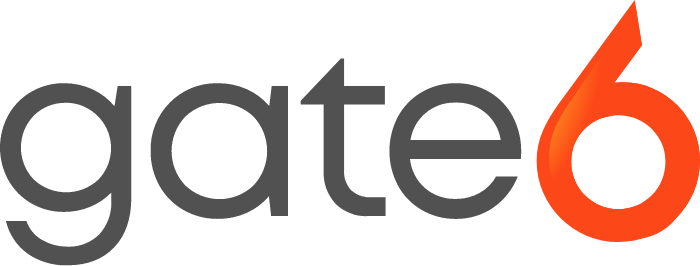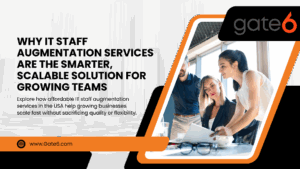Key Factors to Consider When Choosing the Perfect ERP Solution

Selecting the right Enterprise Resource Planning (ERP) solution is a critical decision that can significantly impact your organization’s efficiency, productivity, and growth. With numerous ERP solutions available, it’s essential to evaluate them against key factors to ensure they meet your specific business needs and objectives. Here are the crucial elements to consider when choosing the perfect ERP solution for your business:
Assess Your Organization’s Needs and Objectives
Before diving into the ERP selection process, it’s crucial to thoroughly assess your organization’s unique needs and objectives. Understand which functionalities are essential to support your business processes and how an ERP system can help achieve your strategic goals. Consider areas such as inventory management, financials, human resources, and customer relationship management (CRM). A clear understanding of your requirements will guide you in choosing an ERP solution that aligns with your business operations and long-term objectives.
Compatibility and Scalability
An effective ERP solution should seamlessly integrate with your existing systems and technologies. Assess the compatibility of the ERP software with your current IT infrastructure to avoid potential integration issues. Additionally, consider the scalability of the ERP solution. As your business grows, the ERP system should be able to scale and accommodate increased data volume, users, and transactions without compromising performance. Choosing a scalable ERP solution ensures that your investment will continue to support your business as it expands.
Reputation and Reliability of the ERP Provider
The reputation and reliability of the ERP provider are critical factors to consider. Research the provider’s track record, customer reviews, and case studies to gauge their credibility and reliability. A reputable ERP provider will have a proven history of successful implementations and satisfied clients. Furthermore, evaluate the support and training offerings provided by the ERP vendor. Comprehensive support and training are essential for a smooth implementation process and to ensure that your team can effectively utilize the system.
Total Cost of Ownership
Understanding the total cost of ownership (TCO) is vital when choosing an ERP solution. TCO includes not only the initial licensing fees but also implementation costs, customization, training, and ongoing maintenance expenses. It’s important to have a clear understanding of all associated costs to ensure the ERP solution fits within your budget and delivers long-term value. While a lower upfront cost might seem appealing, consider the overall return on investment (ROI) and how the ERP system will contribute to your business’s growth and efficiency over time.
Implementation and User Adoption
A successful ERP implementation requires careful planning and execution. Evaluate the implementation process and timeline proposed by the ERP provider. A well-structured implementation plan should include data migration, system configuration, testing, and user training. Additionally, consider the user-friendliness of the ERP solution. An intuitive interface and ease of use are crucial for user adoption and productivity. Ensuring that your team can quickly adapt to the new system will minimize disruptions and maximize the benefits of the ERP solution.
Customization and Flexibility
Every business has unique processes and requirements, so it’s essential to choose an ERP solution that offers customization and flexibility. Evaluate how easily the ERP system can be customized to meet your specific needs without extensive coding or development work. Flexible ERP solutions allow you to tailor workflows, reports, and interfaces to match your business processes, ensuring a better fit and greater efficiency.
Conclusion
Choosing the perfect ERP solution requires careful consideration of various factors, including your organization’s needs, system compatibility, provider reputation, total cost of ownership, implementation process, and customization capabilities. By prioritizing these key elements, businesses can select an ERP solution that enhances operations, supports growth, and delivers long-term value.
Don’t let inefficiencies hold your business back. Contact us today and explore how our ERP solutions can transform your operations and drive sustainable growth!
Relevant Posts
December 5, 2024
Thrive with E-Commerce in a Competitive Market
October 25, 2024
Maximizing ROI with IT Services and Consulting
October 9, 2024
Emerging Trends in System Integration: Part 2
October 3, 2024






